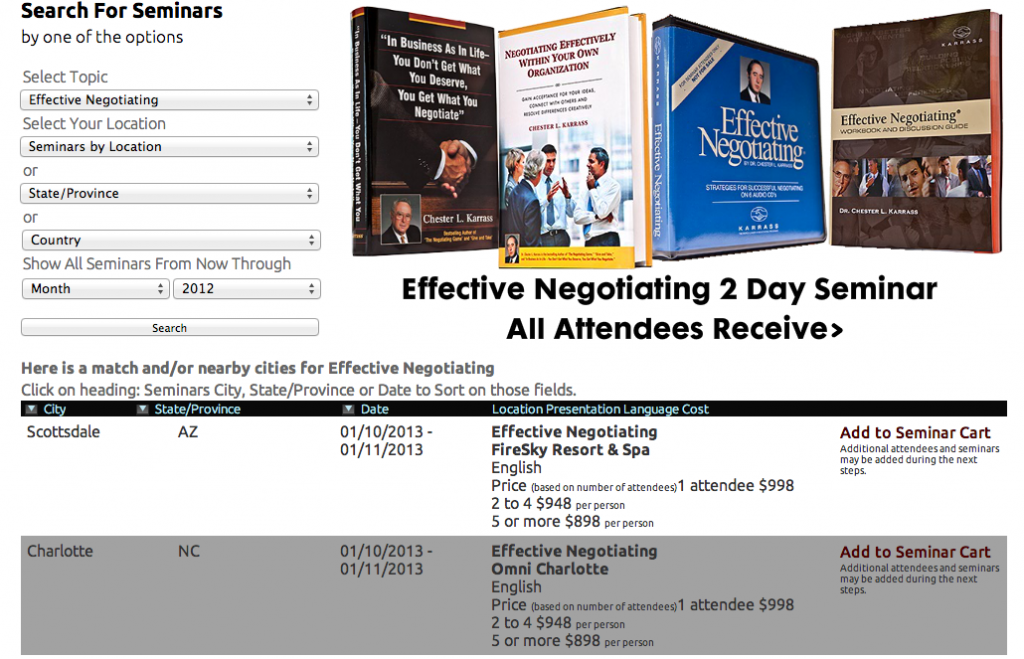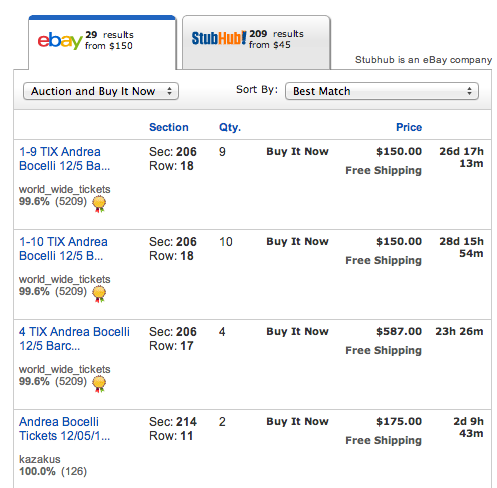Welcome to the latest installment in our series on how to avoid being poor – by adopting some of the easy and painless techniques we already did. Last time, we wrote about costs that provide negligible benefits, stuff like smoking and drinking. If you missed it, we said it’s dumb to ingest things that cost you money and compromise your health. Which either makes us sanctimonious, or richer than the people who think we’re sanctimonious. One, the other or both. We’re not sure, we can’t hear you over the endless cascade of silver dollars collecting on our kitchen floor (tiled with that $11-a-square-foot brown travertine medallion mosaic stuff, which can get really loud.)
Today, something additive instead of subtractive. It’s easy to tell you what not to do.
Leverage your time. If you’re going to be fanatical about anything in your financial life, let it be this.
We make fun of him weekly in this space, but that contradictory fat man Trent Hamm at The Simple Dollar deserves every last brickbat we throw his way. But he’s not the only one guilty of the practice of encouraging people to waste their precious time calculating returns that end up saving you far less than minimum wage. After hundreds of thousands of years of evolution, humans still don’t have an instinctive grasp on the idea of raw numbers being less important than those same numbers modified with respect to time.
What we mean is this: Would you like $100,000?
You’re going to answer yes, if you’re operating under the implicit assumption that we’re going to immediately hand you $100,000 in some negotiable instruments. Cash, a giant novelty check, whatever.
Okay, would you like $100,000 if you had to work for it for a year? The job is nothing awful. You’re not going to have to give foot massages to that fat actress on that TV show, or anything like that. Air-conditioned office, 9-to-5 workday, 2 weeks’ vacation, bagels in the break room every Monday, no ugly surprises.
Most of you presumably said yes, but a significant handful said no, why would I take a pay cut just to comply with the terms of Control Your Cash’s dopey hypothetical exercise?
How about $100,000 for 20 years of volunteering at a soup kitch—alright, you see where we’re going with this. Any commodity vital to existence that you take in (and in the case of money, give out) – food, water, whatever – has to be expressed in terms of time for it to have any meaning. Why? Because we’re mortal. The clock is always ticking. If you made it this far into the post you’re already that many minutes closer to death, and for what? We don’t want to waste your time, so let’s expand a little more on the importance of looking at dollars netted versus time expended.
An hour spent clipping coupons is a feel-good exercise, not a serious attempt to increase your wealth. Divide the penultimate line on your grocery bill (“You saved “$4.33 today, Smart Shopper”) by the time you spent going over your mailbox flyer with a jeweler’s loupe and an X-Acto knife, and it can be depressing. Don’t even get us started on the wisdom of receiving alerts from Gas Buddy. The reward is only worth the effort rendered if you think your time means nothing. It doesn’t. Rich people value their time. If that manifests itself as impatience on occasion, have sympathy. Those rich people have more important things to do. Warren Buffett may live in an old and modest house, but you can bet he takes a private jet everywhere. Does he do it because he wants to flaunt his wealth? Of course not. Hardly anyone can see him, and private jets don’t attract a lot of attention anyway, unless you happen to be hanging out at executive airports and general aviation facilities. Buffett flies a private jet because he doesn’t want to waste his time getting to the airport 2 hours early, taking his laptop out of its bag, or ensuring that his leave-in conditioner is in an approved bottle of less than 3 ounces.
When we say to be aware of what you’re spending your time on in lieu of spending your money, don’t go overboard. It doesn’t mean that every activity in your day has to have some economic justification. Watching TV is what you do after you’ve had a long day and just need to crash on the couch for a while. It earns you $0/hour, and that’s fine. Same goes for learning guitar, if that’s your thing, or trying to fix a leaky toilet. It’s when you’re doing a financially specious activity that you should step back and ask what it’s really costing you. For instance, cataloguing your 1000 used DVDs. Writing descriptions and taking photos of every single one so you can sell them on eBay. That’s an intensive project with miniscule rewards. Just spend 3 minutes putting them in a box, then drive them to your local library. And enjoy the time you saved.
Next up: Putting that time to worthwhile use.







